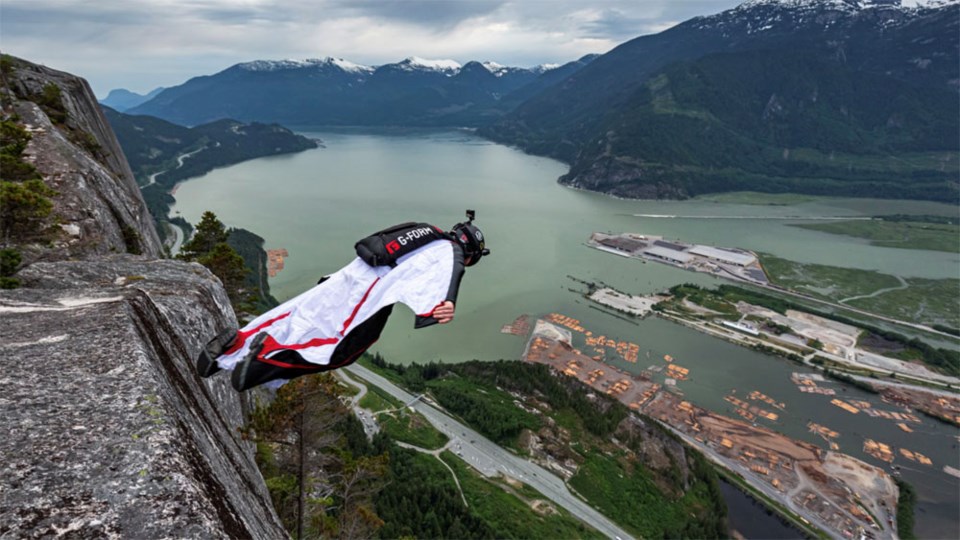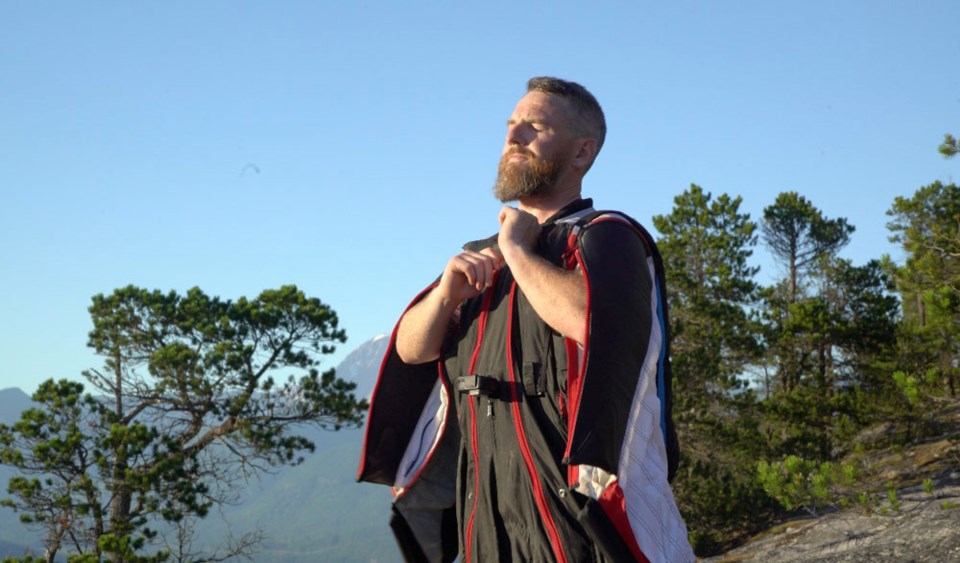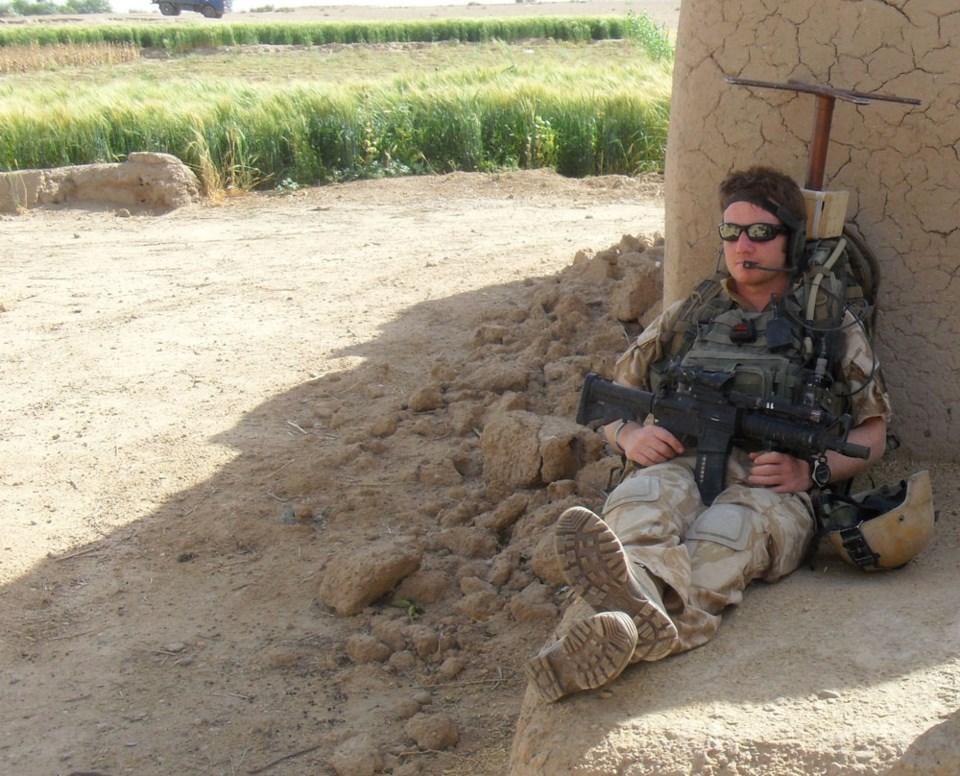Editor’s note: This article mentions suicide, reader discretion is advised.
The first time Jamie Flynn used a parachute, he was wearing 300 pounds of gear and in a C-130 Hercules, flying around 305 metres in the air. He was one of many in the British Parachute Regiment’s training exercise, and he was literally kicked out of the plane.
Flynn was 16 years old when he joined the Army Foundation College in England, and only 18 when he was first deployed. He’d been in the Parachute Regiment, an elite force of the British Army, and part of the Airborne Task Force that could be deployed anywhere in the world for 24 hours. In 2006, two years after he joined, the soldiers got the news they were being deployed to Afghanistan. Flynn said the atmosphere immediately changed. They would be one of the first troops on the ground.
"To be honest, every soldier hopes for a major war in his lifetime,” Flynn said. “You don't join up to do nothing. You sort of do hope you find this war, but then you don't really quite understand the reality of what it is that you are going to do. At that age, it was excitement... Looking back now, I probably wouldn't have been as excited as I was."
He’d go on to do a tour in Iraq, then another in Afghanistan in 2010. By 2011, when he was facing another deployment, Flynn decided to leave the army and pursue another career — base jumping.

He’d originally started base jumping in 2009, while deployed in Iraq. He came across some videos, and applied to the army for adventure training — but didn’t like it until 200 jumps in.
"Then I started to change my mindset, to change how I was looking at it. Because I saw it very much as a job-orientated thing. For me, it was still reminding me of work. When I changed that, I could separate it and it turned quite fun.”
In 2012, the same year he signed his first jumping contract, Flynn also won the base jumping world championships. He’s competed in sky diving for Great Britain in two world championships, and been featured in documentaries, the most recent shot in Squamish.
But the transition to professional athlete wasn’t all smooth.
“Eventually I got back to the U.K. and everything caught up with me,” Flynn said. “I tried committing suicide once. I failed, luckily.
“I went into the military as a kid,” he said. "When you come back, everything is exactly the same as when you left it. There's like no difference. And then people want you to act the same way, but you can't.”
After travelling across the U.S. on a road trip, his visa ran out and he decided to head north to Canada. He'd been once before, competing in rugby while he was in the army. He drove up to Squamish, and jumped from the Stawamus Chief. That's all it took — Flynn knew he wanted to live here.
"It's my life,” Flynn said of base jumping. “It keeps me level-headed, actually. It keeps me calm. Literally everything I'm doing from my training in the morning to waking up trying to plan the jumps, reassessing, trying to improve my own skills, trying to improve my own knowledge as well. It keeps my mind ticking all the time."

It was after moving to Squamish in 2017 that he began using social media to document his base jumping, and it slowly transformed into a platform for Flynn to address the struggles of returning to civilian life to his nearly 20,000 followers.
"I think if one of us talks, there might be a couple more who might not talk, but they might at least send a text. That might be the difference from finding someone dead on the floor."
By sharing his story, he hopes others will reach out. He said sometimes he gets flak from others who are not ready to hear what he has to say, but other times, he's had veterans ask him to call them.
"Everyone thinks I'm the one who's writing these nice, inspiring things, but sometimes I'm still being affected myself, even though I'm pretty much happy in what I'm doing. Sometimes we all need to keep an eye on these guys," he said.
"The way they're talking might be just the slightest hint that they need help."
As Remembrance Day approaches, Flynn said it’s nice to see people remember. But for him and other veterans, those memories are every day.
"We remember the faces and the names and the people we left behind."
His advice for other veterans returning to civilian life? "Don't be scared to talk. And that's really hard to say, even for me... I guess that's not just advice for people that are still in or leaving, but it's advice for myself as well, to talk to people."



